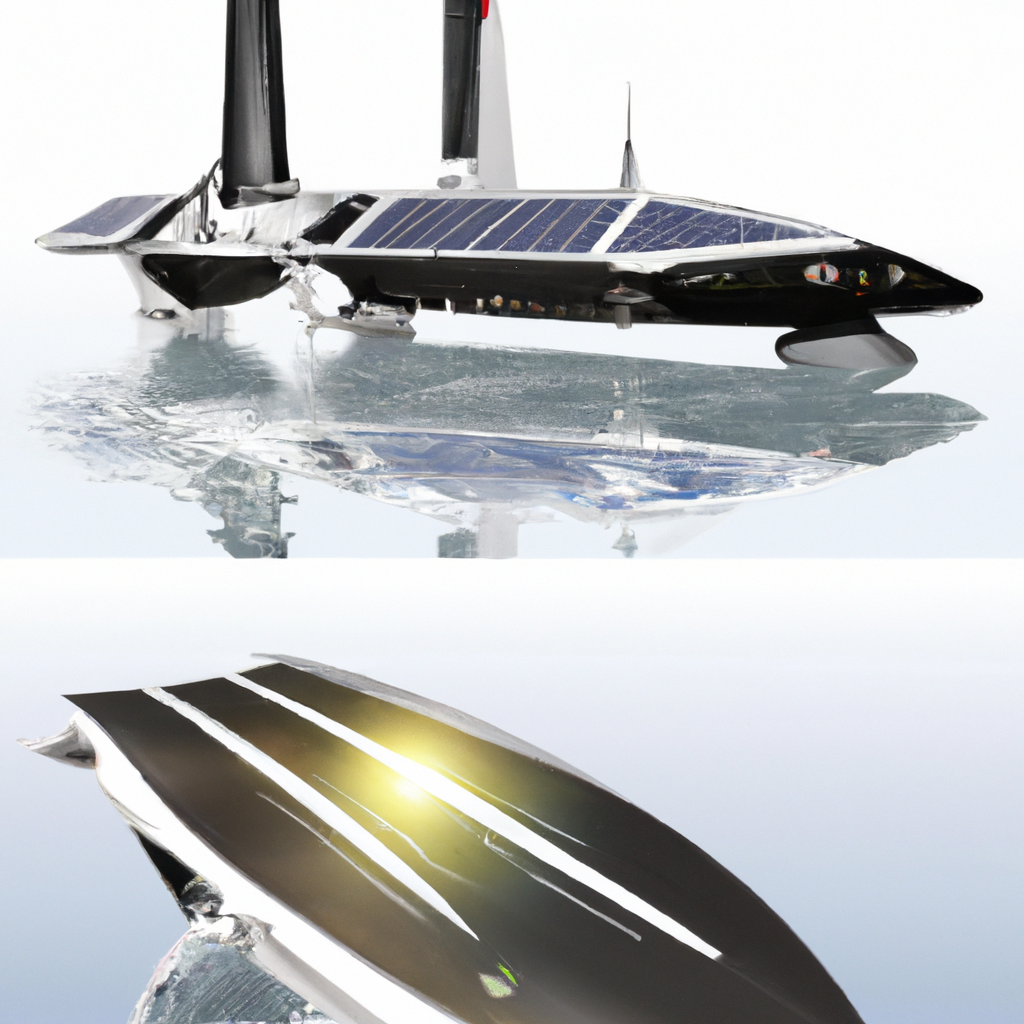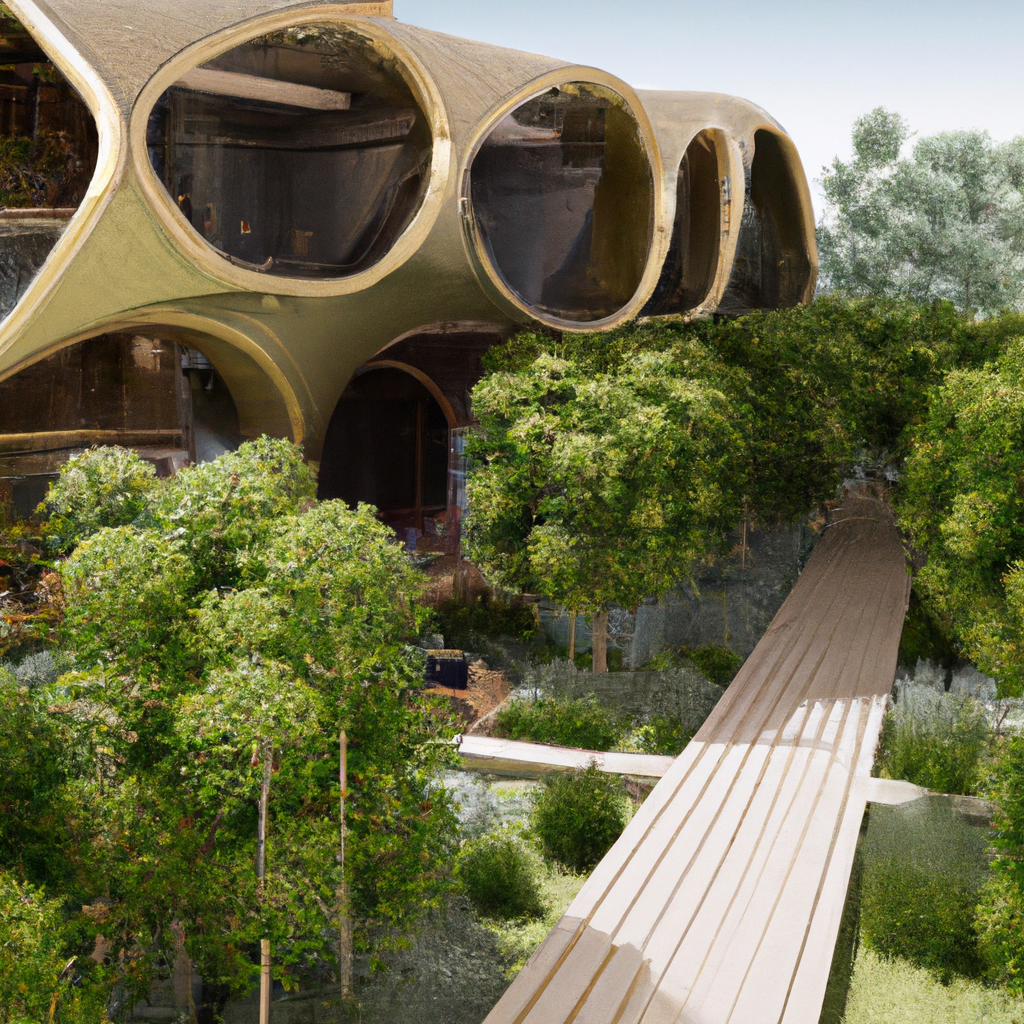
Hemp Fiber Composites in Marine Industry
The use of natural fibers in composite materials has gained attention due to its eco-friendliness and sustainable nature. One of the natural fibers that have shown potential in the composite industry is hemp fiber. Hemp fiber composites are increasingly being used in various industries, including the marine industry. The properties of hemp fiber composites make them ideal for marine applications, including their strength, durability, and corrosion resistance. This article discusses the advantages, characteristics, manufacturing processes, and applications of hemp fiber composites in marine industry.
Advantages of Hemp Fiber Composites in Marine Applications
Hemp fiber composites have many advantages in marine applications, including their biodegradability, sustainability, and low environmental impact. They are also lightweight, which makes them ideal for marine applications where weight is an issue. Hemp fiber composites can also be easily molded into different shapes and sizes, making them versatile for different marine applications.
Properties and Characteristics of Hemp Fiber Composites
Hemp fiber composites have many properties that make them ideal for the marine industry. They are strong, durable, and resistant to corrosion, making them suitable for marine applications. They are also lightweight, which makes them easy to handle and transport. Hemp fiber composites are also eco-friendly and sustainable, which makes them an attractive alternative to traditional composite materials.
Types of Hemp Fiber Composites
There are various types of hemp fiber composites used in the marine industry, including unidirectional, woven, and chopped strand mat (CSM) composites. Unidirectional composites have high strength and stiffness in one direction, making them ideal for marine applications. Woven composites have high strength in all directions, making them suitable for marine applications where load is distributed in different directions. CSM composites have lower strength but are easier to handle and have a lower cost, making them ideal for small boat applications.
Hemp Fiber Composite Manufacturing Processes
The manufacturing process of hemp fiber composites involves mixing hemp fibers with a resin material, such as epoxy or polyester. The mixture is then molded into the desired shape and cured at high temperature and pressure. The manufacturing process for hemp fiber composites is similar to that of other composite materials, making it easy to integrate with existing manufacturing processes.
Hemp Fiber Composite Applications in the Marine Industry
Hemp fiber composites are being used in various marine applications, including boat building, marine decking, and marine structures. They are also used in marine furniture and accessories, such as tables, chairs, and storage containers. Hemp fiber composites have also been used in the construction of offshore wind turbines.
Strength and Durability of Hemp Fiber Composites in Marine Environments
Hemp fiber composites have been shown to have high strength and durability in marine environments. They are resistant to corrosion and degradation, making them suitable for marine applications. Hemp fiber composites have also been shown to have high impact strength, making them ideal for applications where impact resistance is required.
Hemp Fiber Composite Performance and Maintenance
Hemp fiber composites have excellent performance in marine environments, including their resistance to UV radiation and water absorption. They require minimal maintenance, and any repairs can be easily carried out with the same manufacturing process used to make them. Hemp fiber composites are also resistant to fungal and bacterial growth, making them ideal for marine environments.
Hemp Fiber Composite vs. Other Composite Materials
Hemp fiber composites have many advantages over traditional composite materials, including their eco-friendliness, sustainability, and low environmental impact. They are also lightweight and have good strength and durability, making them ideal for marine applications. Hemp fiber composites are also less toxic than traditional composite materials, making them safer for the environment.
Hemp Fiber Composite Market Trends
The market for hemp fiber composites is growing rapidly, with increased demand from various industries, including the marine industry. The use of natural fibers in composite materials is becoming more popular due to their eco-friendliness and sustainability. Hemp fiber composites are expected to have a significant market share in the composite industry in the coming years.
Future Prospects of Hemp Fiber Composites in Marine Industry
The future prospects for hemp fiber composites in the marine industry are bright. They have many advantages over traditional composite materials and are more sustainable and eco-friendly. The demand for hemp fiber composites is expected to increase as more industries seek to reduce their environmental impact and become more sustainable.
Hemp Fiber Composites in Marine Industry Prospects
Hemp fiber composites have many advantages that make them ideal for marine applications. Their strength, durability, and resistance to corrosion make them suitable for marine structures and boat-building applications. The use of natural fibers in composite materials is becoming more popular due to their eco-friendliness and sustainability. The future prospects for hemp fiber composites in the marine industry are bright, and they are expected to have a significant market share in the composite industry in the coming years.






